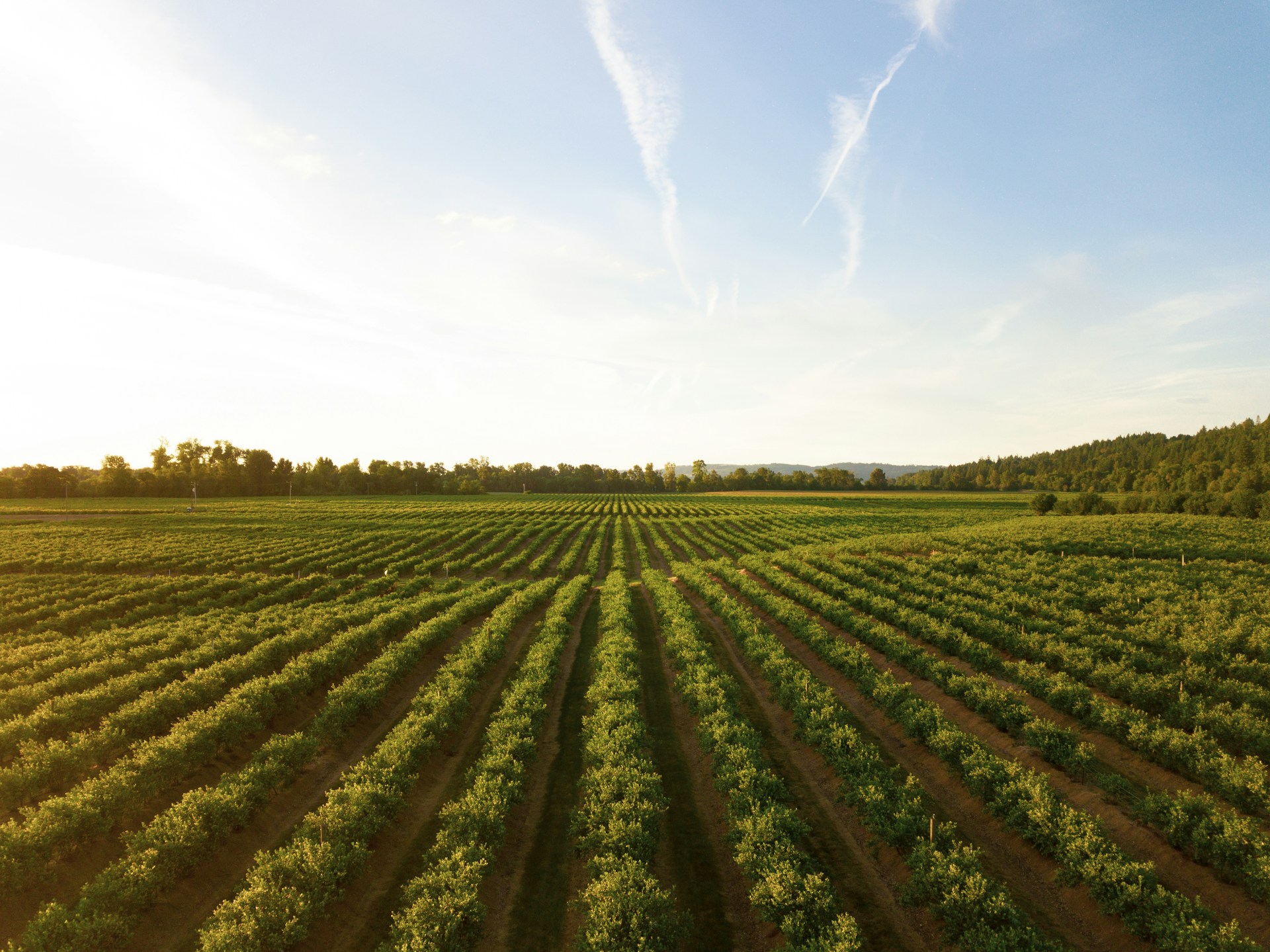How Can Genetic Editing Technologies Combat Crop Diseases in UK Agriculture?

With an increasing global population, food security is a paramount concern, and the UK is no exception. Agriculture forms a vital backbone of the economy and food supply. In order to ensure sustainable and consistent yield, farmers are facing the urgent task to conquer various crop diseases. From the notorious potato late blight that brought about the Irish famine in the 19th century to the modern wheat yellow rust, crop diseases can inflict devastating economic and social consequences.
Emerging from the forefront of biotechnological development, genetic editing technologies, such as CRISPR, provide a promising solution. They can offer superior disease resistance, combat problematic pathogens, and ultimately, safeguard our food supply. In the following sections, we will delve into how these technologies can be applied to tackle crop diseases in UK agriculture.
A découvrir également : How to Develop an Effective Mental Health Support System within UK Universities?
Unveiling the Power of Genetic Editing
The advent of genetic editing technologies has revolutionized our understanding and manipulation of life at its most fundamental level – the genome. Essentially, these tools enable scientists to modify DNA sequences and alter gene function. The most commonly used and well-known system is CRISPR, short for Clustered Regularly Interspaced Short Palindromic Repeats.
Harnessing this technology, we can equip crops with desired traits, such as resistance to diseases, without the extended time scale and unpredictability of traditional breeding methods. From mildew resistance in barley to blight resistance in potatoes, genetic editing can potentially transform our fight against crop diseases.
A voir aussi : Luxury cigar accessories: cigar humidor & cigar accessories
Taking Up Arms Against Pathogens
Crop diseases are mainly caused by various pathogens, including bacteria, viruses, and fungi. Some of the most destructive crop diseases in the UK include wheat septoria leaf blotch, potato late blight, and oilseed rape phoma stem canker.
Through genetic editing, resistance genes can be inserted into the crop genome. These genes produce proteins that either directly counter the disease-causing pathogen or activate the plant’s own defence mechanism. CRISPR has been used in experiments to confer resistance against the devastating rice blast fungus and wheat yellow rust. The potential of this technology in fighting against crop diseases is immense.
Enhancing Disease Resistance
A key advantage of genetic editing lies in its precision. Unlike traditional breeding methods, which involve mixing entire genomes, genetic editing can target specific genes of interest. This allows the addition of resistance genes without unwanted side-effects that may accompany traditional breeding.
For example, researchers have successfully edited the genome of tomatoes to resist the Clavibacter michiganensis bacterium, a serious threat to tomato crops worldwide. Similarly, oilseed rape has been genetically edited to resist the Leptosphaeria maculans fungus, responsible for the destructive phoma stem canker disease.
The Role of Scholarly Tools: Google Scholar, PubMed, and Crossref
In order to track the latest developments in genetic editing and its applications in agriculture, scholarly tools such as Google Scholar, PubMed, and Crossref are valuable resources. These databases can provide access to a vast array of scientific literature, including research articles, reviews, and patents.
For instance, a search on Google Scholar for ‘CRISPR and crop diseases’ returns over 20,000 results, showcasing the extent of research in this area. Peer-reviewed articles on PubMed provide detailed insights into the methodologies and results of genetic editing experiments. Crossref, an official DOI (Digital Object Identifier) registration agency, ensures reliable citation data for academic articles and promotes rigorous academic discourse.
Looking Ahead
Undoubtedly, the potential of genetic editing in combating crop diseases is vast. However, it’s important to remember that the adoption of this technology also hinges on regulatory approval, public acceptance, and ethical considerations.
With ongoing research and development, it is hoped that genetic editing technologies can be harnessed safely and responsibly to safeguard UK agriculture against the ever-growing threat of crop diseases. It’s about turning cutting-edge science into tangible benefits for farmers, consumers, and the environment. The march of progress is relentless, and in the face of challenges, science and technology are our most reliable allies.
The Future of Genetic Editing in Agriculture: How CRISPR-Cas Can Transform the Industry
Genome editing technologies, primarily the CRISPR-Cas system, have the potential to significantly alter the landscape of UK agriculture. This system involves the use of specific enzymes, such as Cas9, to directly modify the DNA sequences within an organism. Using this technology, scientists have the capability to increase disease resistance in crops, opening up new possibilities for combating plant diseases.
This innovative approach has been used to develop crops resistant to powdery mildew, a common fungal disease that affects a wide range of plants. Researchers have also successfully used the technology to create broad-spectrum resistance in rice plants, protecting them from multiple diseases at once.
CRISPR-Cas technology also offers a solution to the threat of drought stress, a significant concern for farmers globally. By editing the genes responsible for a plant’s response to water scarcity, scientists have been able to create crops with enhanced drought tolerance.
The rapid advancement of gene editing technologies has been greatly facilitated by scholarly tools such as Google Scholar, Crossref, and PubMed. These research databases have provided researchers with easy access to a vast range of scientific literature, free articles, and PMC free resources related to genome engineering.
Moreover, these platforms enable researchers to stay updated on the latest developments in the field, opening up opportunities for further innovation and discovery. For instance, a search for ‘gene edited crops’ on Google Scholar yields over 50,000 results, demonstrating the wealth of knowledge available in this area.
Conclusion: The Impact of Genetic Editing on UK Agriculture
In conclusion, genetic editing technologies, particularly the CRISPR-Cas system, hold considerable promise for the future of UK agriculture. By equipping crops with resistance genes, these technologies allow us to tackle the pervasive problem of plant diseases more efficiently and effectively.
However, the successful implementation of this technology will not solely depend on scientific advancements. Regulatory approval, public acceptance, and ethical considerations will play a crucial role in determining its future. Therefore, it is necessary to foster a transparent and inclusive conversation about the benefits and potential risks of genome engineering.
Looking ahead, we can anticipate that genetic editing will significantly shape the future of UK agriculture. As we continue to grapple with increasing threats to our food security, advances in science and technology provide a beacon of hope. As we continue our journey into the future, the role of genetic editing in safeguarding our crops against diseases will become increasingly critical.
Therefore, it is crucial to foster a robust and progressive research culture, supported by scholarly tools such as Google Scholar, PubMed, and Crossref. These resources will undoubtedly continue to play a vital role in propelling the field of genetic editing forward, enabling us to turn cutting-edge science into practical solutions for our agricultural challenges.
